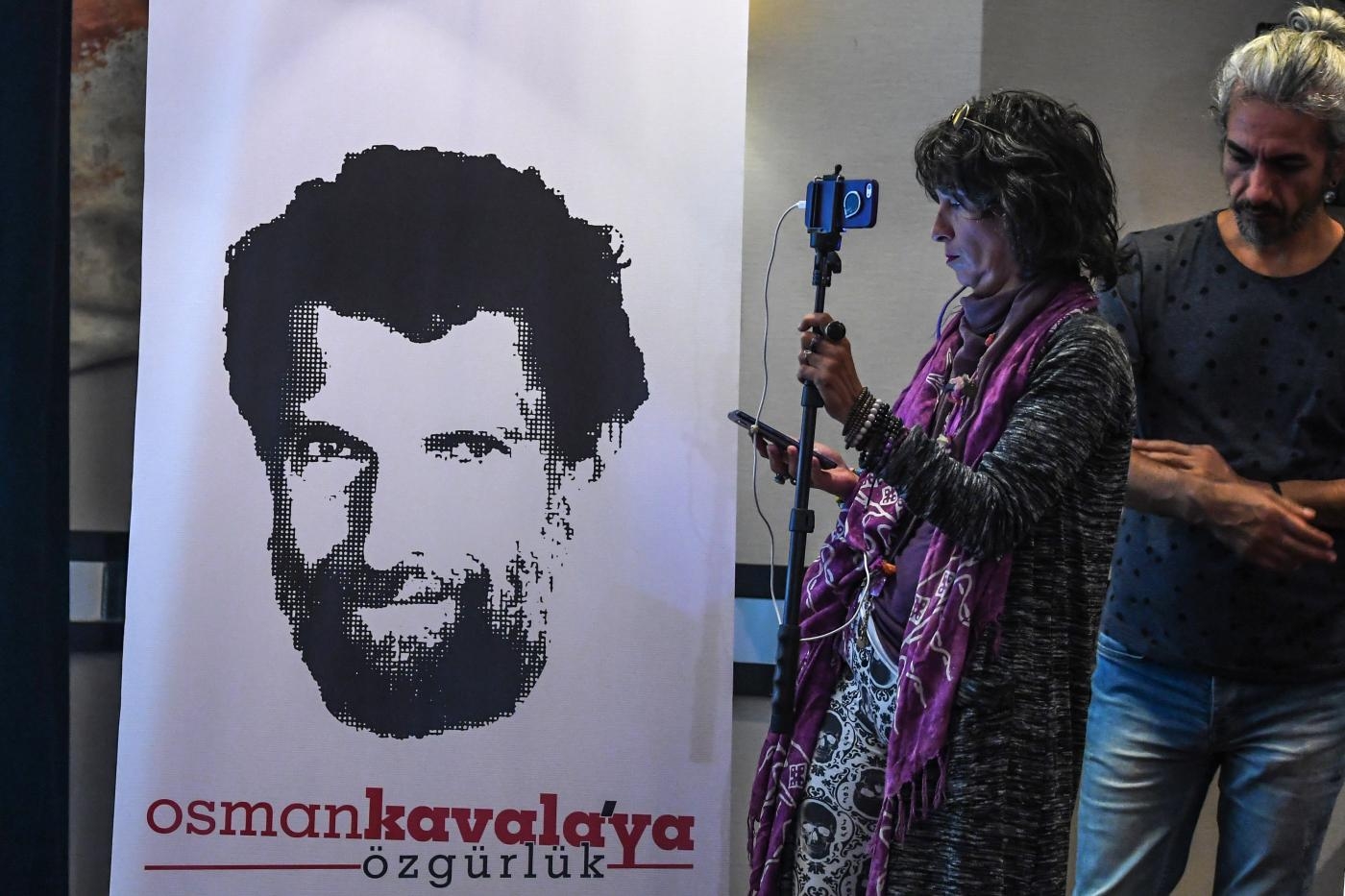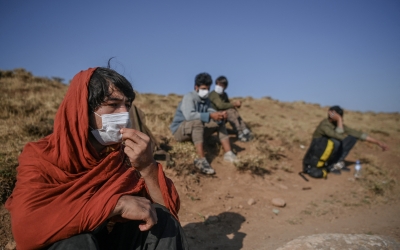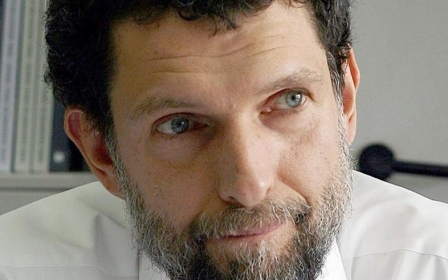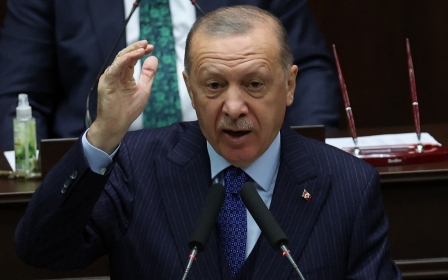Osman Kavala: Council of Europe set to discipline Turkey for blocking philanthropist's release from prison

The Council of Europe (CoE) said on Friday that it will launch disciplinary action against Turkey for refusing to free activist and philanthropist Osman Kavala.
The pan-European rights body's committee of ministers agreed to discipline Turkey after Ankara refused to comply with a 2019 ruling by the European Court of Human Rights (ECHR) to release Kavala from prison.
"By failing to ensure the applicant's immediate release, the committee considers that Turkey is refusing to abide by the court's final judgment in this case," the CoE said.
On Thursday, Turkey's foreign ministry urged the CoE "out of respect for the ongoing judicial process" to reconsider, and warned that it would be interfering in Turkey's domestic affairs.
This is only the second time the CoE has issued its so-called infringement proceedings against a member state since its founding in 1949. The first time was against Azerbaijan, for refusing to release dissident Ilgar Mammadov.
Kavala was arrested in October 2017 and accused of having links to the outlawed Gulen movement, and funding the anti-government protests in 2013 - charges he has denied. If convicted, Kavala could face a life sentence.
The CoE has given Turkey until 19 January to respond, after which it said it would refer the case to the ECHR at its next meeting, on 2 February. The next hearing in Kavala's case in Istanbul is scheduled for 17 January.
Turkey, a member of the CoE since 1950, is obliged to abide by the European Convention on Human Rights, like other member states.
Kavala's detention has been a source of tension between Turkey and western nations. Earlier this year, 10 ambassadors from western countries, including the US, Canada, Germany and France, wrote a letter calling for Kavala's freedom. In response, Turkish President Recep Tayyip Erdogan assigned persona non grata status to the ambassadors, a step towards expulsion, but later withdrew the order after the two sides agreed the US and other signatories would release a statement re-committing themselves to non-interference in Turkey's domestic affairs.
Middle East Eye delivers independent and unrivalled coverage and analysis of the Middle East, North Africa and beyond. To learn more about republishing this content and the associated fees, please fill out this form. More about MEE can be found here.




